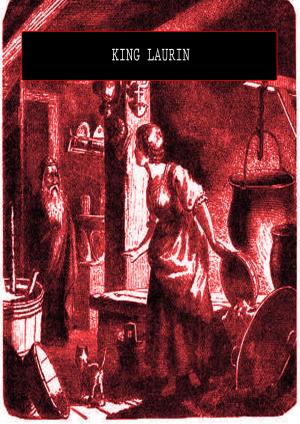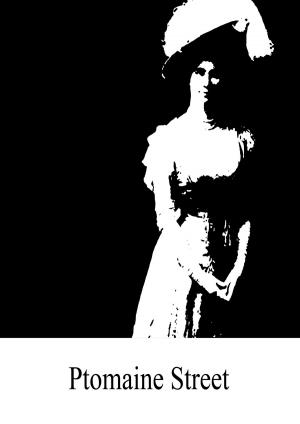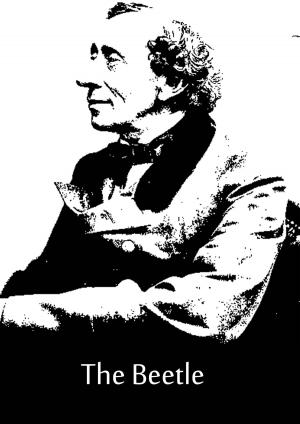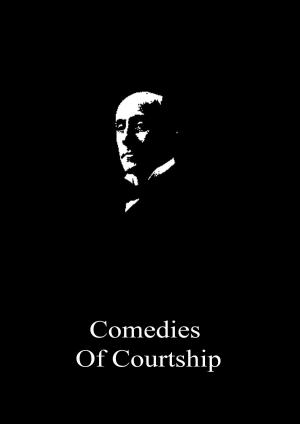| Author: | John Bunyan | ISBN: | 1230000036588 |
| Publisher: | Zhingoora Books | Publication: | December 4, 2012 |
| Imprint: | Language: | English |
| Author: | John Bunyan |
| ISBN: | 1230000036588 |
| Publisher: | Zhingoora Books |
| Publication: | December 4, 2012 |
| Imprint: | |
| Language: | English |
Christmas Summary Classics
This series contains summary of Classic books such as Emma, Arne, Arabian Nights, Pride and prejudice, Tower of London, Wealth of Nations etc. Each book is specially crafted after reading complete book in less than 30 pages. One who wants to get joy of book reading especially in very less time can go for it.
JOHN BUNYAN
The Holy War
John Bunyan was born at Elstow, near Bedford, England, in 1628. After receiving a scanty education at the village school, he worked hard at the forge with his father. In his sixteenth year he lost his mother, and soon after he joined the army, then engaged in the Civil War; but his military experience lasted only a few months. Returning to Elstow, he again worked at the forge, and married. After various alternating religious experiences, in 1655 he became a member of the Baptist congregation at Bedford, of which he was ere long chosen pastor. His success was extraordinary; but after five years his ministry was prohibited, and he was incarcerated in Bedford Gaol, his imprisonment lasting for twelve years. There he wrote his immortal "Pilgrim's Progress." Released under the Act of Indulgence, he resumed his ministry, and ultimately his pastoral charge in Bedford. He took fever when on a visit to London, and died on August 31, 1688. The "Holy War" is considered by critics even superior to the "Pilgrim," inasmuch as it betrays a finer literary workmanship. It was written in 1682, after molestation of Bunyan as a preacher had ceased, and when he was known widely as the author of the first part of the "Pilgrim's Progress," the second part of which was published two years later. Macaulay held that if there had been no "Pilgrim's Progress," "Holy War" would have been the first of religious allegories. No doubt its popularity has been due in some degree to its kinship to that work; but the vigour of its style overcomes the minute elaboration of an almost impossible theme, and the book lives, alike as literature and theology, by its own vitality. An elaborate analysis of it may be found in Froude's volume on Bunyan. He said of it: "'The Holy War' would have entitled Bunyan to a place among the masters of English Literature."
Christmas Summary Classics
This series contains summary of Classic books such as Emma, Arne, Arabian Nights, Pride and prejudice, Tower of London, Wealth of Nations etc. Each book is specially crafted after reading complete book in less than 30 pages. One who wants to get joy of book reading especially in very less time can go for it.
JOHN BUNYAN
The Holy War
John Bunyan was born at Elstow, near Bedford, England, in 1628. After receiving a scanty education at the village school, he worked hard at the forge with his father. In his sixteenth year he lost his mother, and soon after he joined the army, then engaged in the Civil War; but his military experience lasted only a few months. Returning to Elstow, he again worked at the forge, and married. After various alternating religious experiences, in 1655 he became a member of the Baptist congregation at Bedford, of which he was ere long chosen pastor. His success was extraordinary; but after five years his ministry was prohibited, and he was incarcerated in Bedford Gaol, his imprisonment lasting for twelve years. There he wrote his immortal "Pilgrim's Progress." Released under the Act of Indulgence, he resumed his ministry, and ultimately his pastoral charge in Bedford. He took fever when on a visit to London, and died on August 31, 1688. The "Holy War" is considered by critics even superior to the "Pilgrim," inasmuch as it betrays a finer literary workmanship. It was written in 1682, after molestation of Bunyan as a preacher had ceased, and when he was known widely as the author of the first part of the "Pilgrim's Progress," the second part of which was published two years later. Macaulay held that if there had been no "Pilgrim's Progress," "Holy War" would have been the first of religious allegories. No doubt its popularity has been due in some degree to its kinship to that work; but the vigour of its style overcomes the minute elaboration of an almost impossible theme, and the book lives, alike as literature and theology, by its own vitality. An elaborate analysis of it may be found in Froude's volume on Bunyan. He said of it: "'The Holy War' would have entitled Bunyan to a place among the masters of English Literature."
![Cover of the book The Holy War [Christmas Summary Classics] by John Bunyan, Zhingoora Books](https://www.kuoky.com/images/2012/december/500x500/1230000036588-iRvR_500x.jpg)

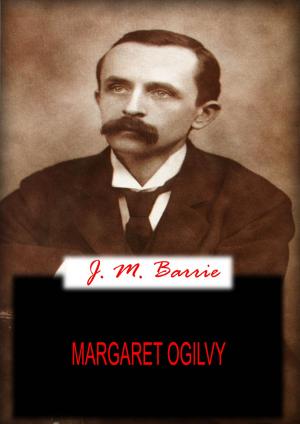
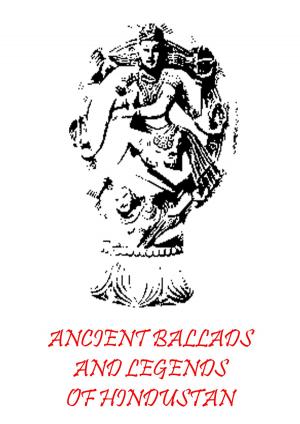
![Cover of the book Autobiography of Josephus [Christmas Summary Classics] by John Bunyan](https://www.kuoky.com/images/2012/november/300x300/1230000034575-SK3H_300x.jpg)
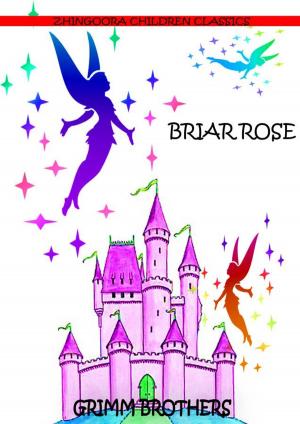
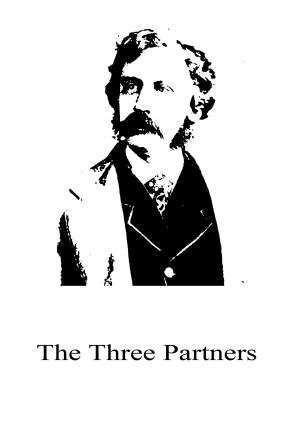

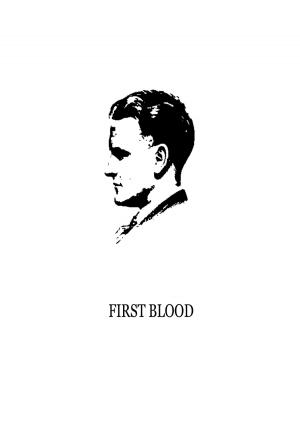
![Cover of the book Rob Roy [Christmas Summary Classics] by John Bunyan](https://www.kuoky.com/images/2012/december/300x300/1230000034827-4lYc_300x.jpg)
